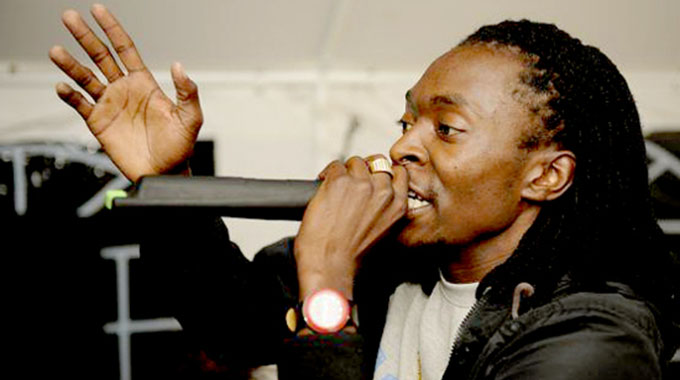Providing care for our loved ones

Emmanuel Koro Correspondent
The constant need for caregiving for vulnerable older and infirmed loved ones, who cannot provide basic services for their own well-being is increasing in importance worldwide.
Caregiving is making sure that sick relatives, friends, and neighbours have the right services from the right people to make their last days as fruitful and as comfortable as the circumstances permit.
Sadly, if we feel that a family member has died without having been provided with the proper caregiving, we can carry that guilt to our own graves.
Fortunately, a dynamic “how-to” book titled the “Essential Caregiving Guide” is a new tool to help us provide caregiving services to loved ones. The book is a team effort of a US citizen and a Kenyan national.
Godfrey Harris is the president of a management consulting firm in Los Angeles.
He teamed up with Jacqueline Njuki, a caregiving nurse, in developing a short, easy-to-understand and helpful book that discusses caregiving principles for people from all races and classes in developed and developing countries.
In the US alone today, there are 65 million volunteer family caregivers.
This represents about 20 percent of that country’s population.
An equal percentage of the European Union population — about 100 million people — serve as family caregivers.
AARP (formerly the American Association of Retired Persons) estimates that during the coming decade 117 million Americans, about one third of the country’s entire population, will need some level of caregiving.
This makes this book a must read for all of us who are likely to find ourselves managing the care of someone else.
In sub-Saharan Africa, failure to care for a loved one is culturally distasteful. In fact, one’s humanity is almost exclusively measured by the extent to which a person cares for others.
Those who fail to care for family members are often regarded as outcasts and end up feeling very bad about themselves.
Notably, the increasing use of modern medicine in an effort to cure some of Africa’s life-threatening diseases suggests that caregiving will become a major concern on this continent in the near future. We need to be ready.
The book will help. It is not only for people involved in providing caregiving, but also for those who make public policy impacting caregiving.
Is Africa doing enough? What can we learn from other countries in caring for our greying populations?
The world of caregiving exploded in my mind as I was reading this book and became aware that each of us may soon be involved in the more technical aspects of caregiving.
We need to be prepared, not when a parent, spouse or child gets ill or is bedridden, but beforehand in thinking through how we will adjust, what we will do, how we will cope.
This book will prove useful to every family, every community and every institution that is — or soon will be — involved in caregiving.
As I was reading this book, I got a deeper understanding of all that caregiving involves. I became aware that I was a caregiver to my grandfather, whom I assisted at a very young age, taking him to and from the bathroom — a task that my mother, who cared for him in other ways, could not perform for gender reasons.
The book explains that caregiving can include occasional help such as cooking a meal, running an errand, doing some shopping or making an appointment for a friend or neighbour.
But caregiving can also involve full-time professional support that entails monitoring vital signs, administering medicines, overseeing therapy needs or assessing the status of a wound.
With inputs from caregiving specialists from different parts of the world, the book notes that African traditional medicine offers an important example of caregiving.
Those who will read the “Essential Caregiving Guide” and utilise the advice and forms provided, will be surprised at how confident and organised they become during the caregiving planning and implementation process.
Did it ever cross your mind the cost of caregiving? This is another place where the “Essential Caregiving Guide” book comes in handy, with forms that allow caregivers to list running costs that need to be managed and paid.
Another form in the book creates a complete health profile of the kacipient — a word invented by the authors to combine the sound and meaning of the word “care” with the word “recipient” and avoid such terms as client, patient or customer.
The health profile is very important to emergency medical personnel, as well as to new doctors involved in a kacipient’s care.
The book clearly recommends that those who manage caregiving for a loved one be prepared for the unexpected — things that can go wrong.
These include the loss of electricity, mechanical failures, bad weather, natural disasters, blocked roads, or politically related disturbances or strike actions.
The authors recognise that these events cannot be prevented or predicted, but they can be dealt with by proper planning.
From how to hire, pay and fire a caregiver (in cases involving caregiver employment and poor service), and how to empower yourself as a voluntary or paid caregiver — this is a must-read book.
Emmanuel Koro is a Johannesburg-based international award-winning environmental journalist, who has written extensively on environment and development issues in Africa, with special interest on human and environmental wellbeing.









Comments